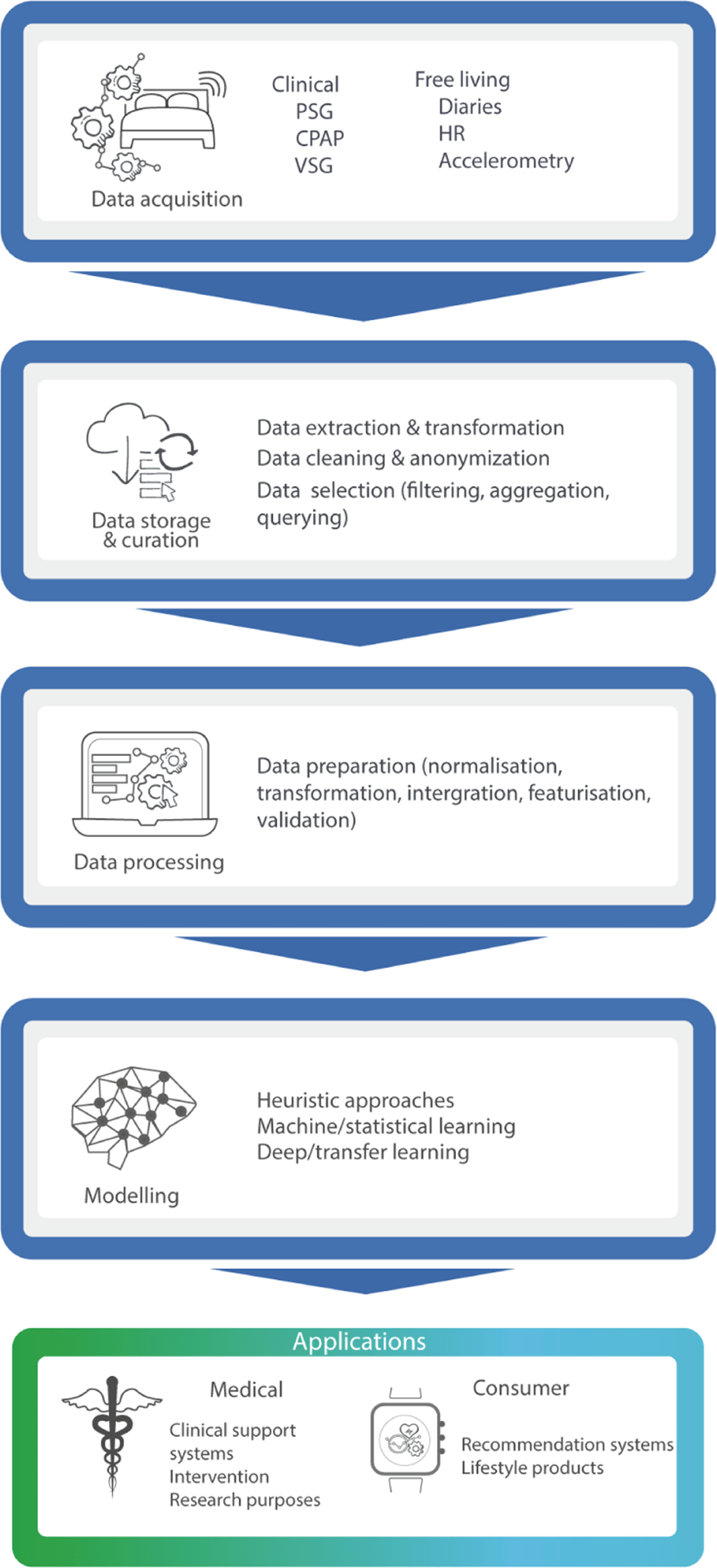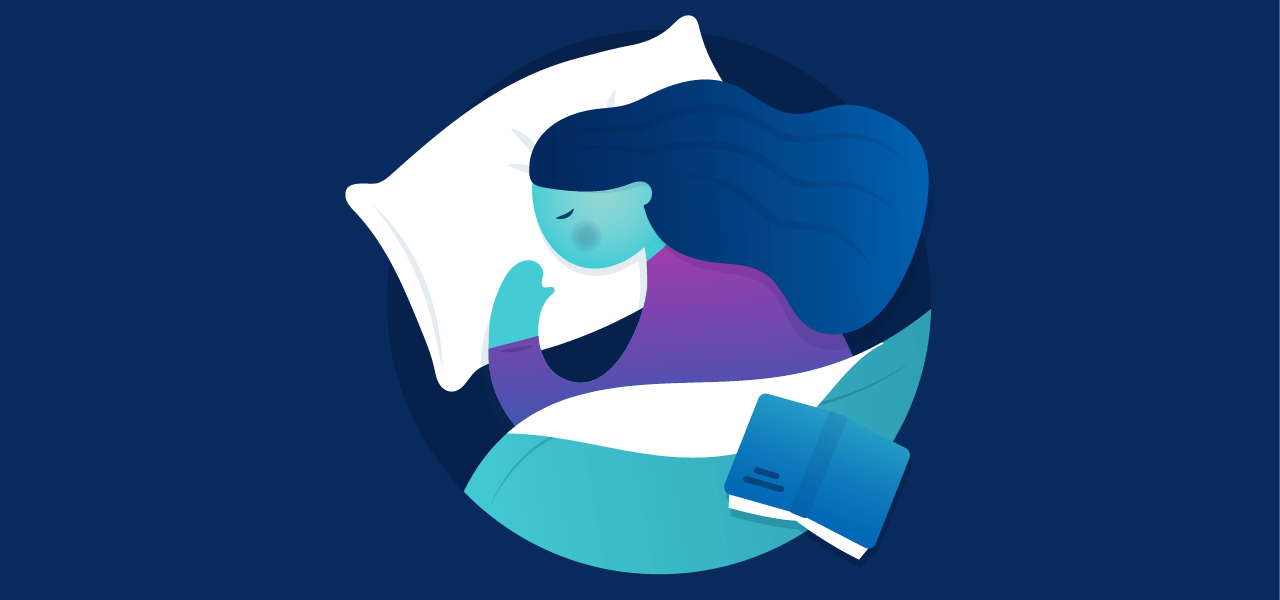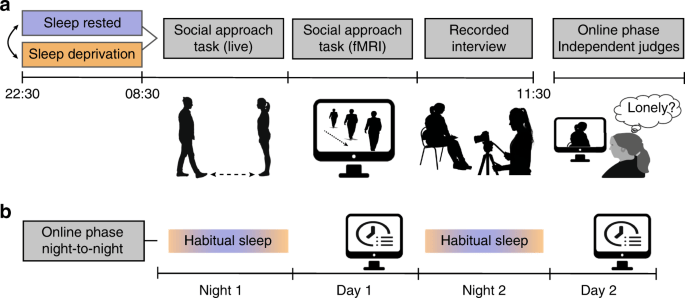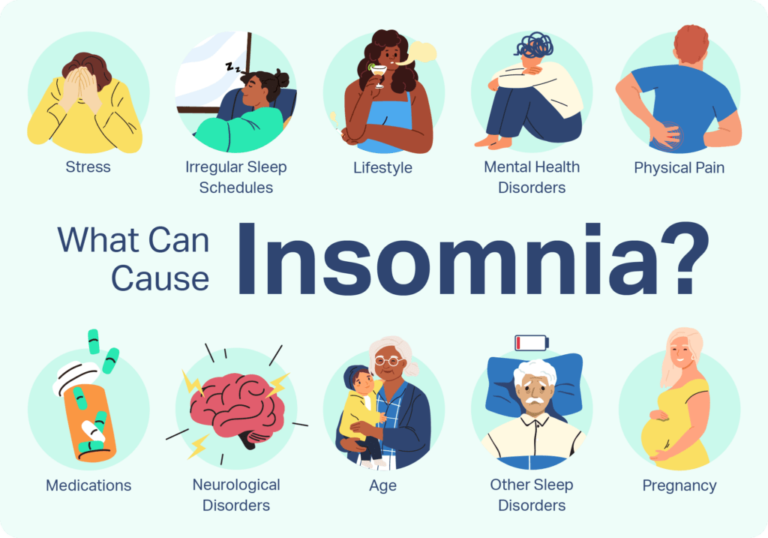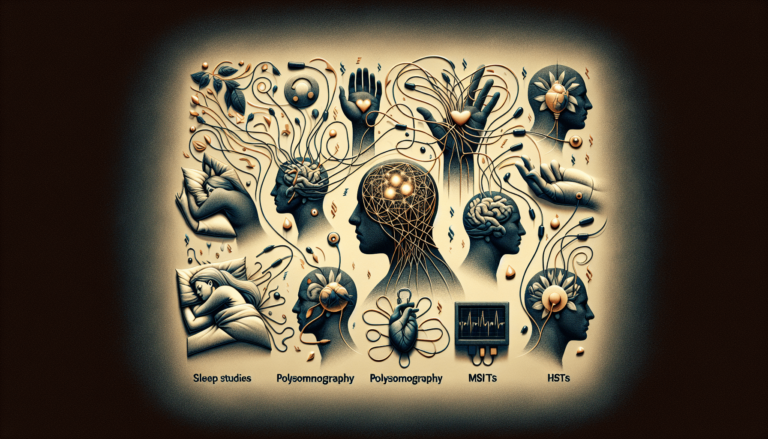Understanding the Impact of Sleep Disorders: Vector Sleep Clinic Offers Solutions
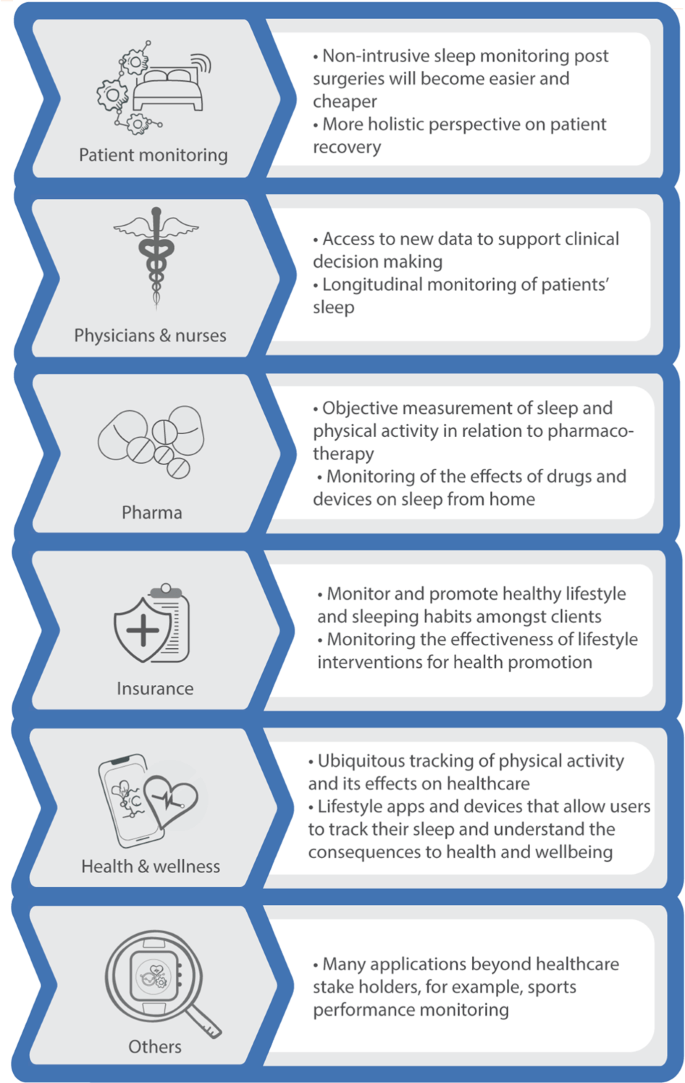
Understanding the impact of sleep disorders is crucial for maintaining good health and productivity in today’s fast-paced world. Sleep disorders such as insomnia and sleep apnea can lead to serious health issues like heart attacks, strokes, and high blood pressure if left untreated. That’s where Vector Sleep Clinic comes in. Conveniently located in the heart of Rego Park and easily accessible from all 5 boroughs, our licensed and insured clinic offers trustworthy and reliable solutions for uninterrupted sleep. Our comprehensive approach to diagnosing and treating sleep disorders ensures that you receive the care you need to achieve restful nights and unlock the magic of rejuvenation where dreams meet reality. Don’t let sleep disorders hinder your quality of life when Vector Sleep Clinic is here to help.
Overview of Sleep Disorders
Definition and types of sleep disorders
Sleep disorders refer to a range of conditions that affect the quality and patterns of sleep. These disorders can lead to difficulty falling asleep, staying asleep, or experiencing restful sleep. Some common types of sleep disorders include insomnia, sleep apnea, restless leg syndrome, and narcolepsy.
Common symptoms and consequences of untreated sleep disorders
Untreated sleep disorders can have a significant impact on an individual’s overall health and well-being. Symptoms of sleep disorders may vary depending on the specific condition but can include excessive daytime sleepiness, difficulties concentrating, irritability, and mood disturbances. If left untreated, sleep disorders can increase the risk of developing chronic health conditions such as cardiovascular disease, diabetes, and mental health disorders.
Statistics on prevalence and impact on quality of life
Sleep disorders are prevalent worldwide, affecting a significant portion of the population. According to the Centers for Disease Control and Prevention (CDC), approximately 50-70 million adults in the United States alone suffer from a sleep disorder. These conditions can greatly impact an individual’s quality of life, leading to decreased productivity, impaired cognitive function, and increased risk of accidents and injuries.
Vector Sleep Clinic: Bridging the Gap

This image is property of media.springernature.com.
Introduction to Vector Sleep Clinic
At Vector Sleep Clinic, we understand the importance of quality sleep and its impact on overall health. Our clinic is dedicated to providing comprehensive care and treatment for individuals suffering from sleep disorders. With a team of highly trained professionals, we aim to bridge the gap between a good night’s sleep and improved well-being.
Location and accessibility from the 5 boroughs
Conveniently located in the heart of Rego Park, Vector Sleep Clinic offers easy accessibility from all five boroughs of New York City. Whether you reside in Manhattan, Brooklyn, Queens, the Bronx, or Staten Island, our clinic is conveniently situated to provide you with the care you need without having to travel far.
The mission of Vector Sleep Clinic and its commitment to quality sleep
At Vector Sleep Clinic, our mission is to help individuals achieve restful and uninterrupted sleep. We are committed to providing personalized care and treatment plans tailored to each patient’s specific sleep disorder. Our experienced and compassionate healthcare professionals are dedicated to improving the quality of life for those struggling with sleep disorders, offering hope and relief for a better night’s sleep.
Understanding Sleep Apnea
This image is property of media.springernature.com.
What is Sleep Apnea?
Sleep apnea is a common sleep disorder characterized by interruptions in breathing during sleep. These breathing pauses, known as apneas, can occur multiple times throughout the night, leading to fragmented and poor-quality sleep. Sleep apnea can be caused by obstruction of the airway (obstructive sleep apnea), a problem with the brain’s respiratory control center (central sleep apnea), or a combination of both (complex sleep apnea).
Differences between obstructive, central, and complex sleep apnea
Obstructive sleep apnea is the most common form of sleep apnea, often caused by relaxed throat muscles that block the airway during sleep. Central sleep apnea, on the other hand, occurs when the brain fails to send proper signals to the muscles responsible for breathing. Complex sleep apnea is a combination of both obstructive and central sleep apnea.
Health risks associated with untreated sleep apnea
If left untreated, sleep apnea can have significant health consequences. Sleep apnea has been linked to an increased risk of developing high blood pressure, heart disease, stroke, diabetes, and obesity. Additionally, it can contribute to daytime fatigue, difficulty concentrating, and impaired cognitive function. Seeking timely treatment for sleep apnea is crucial to mitigate these risks and improve overall health.
Insomnia: More Than Just Sleeplessness
This image is property of images.squarespace-cdn.com.
Defining insomnia and its categories
Insomnia is a sleep disorder characterized by difficulty falling asleep, staying asleep, or getting restful sleep, despite having the opportunity to do so. It can be classified into several categories, including onset insomnia (difficulty falling asleep), maintenance insomnia (difficulty staying asleep), and early morning awakening insomnia (waking up too early and unable to fall back asleep).
Short-term vs. chronic insomnia
Short-term insomnia is often related to situational factors such as stress, changes in environment, or jet lag. It typically resolves on its own without long-term consequences. Chronic insomnia, on the other hand, persists for a month or longer and is often caused by underlying medical or psychological conditions. Chronic insomnia can significantly impact an individual’s well-being and quality of life if left untreated.
Effects of insomnia on daily life
Insomnia can have a profound impact on various aspects of daily life. Lack of quality sleep can lead to daytime fatigue, decreased cognitive function, difficulty concentrating, mood disturbances, and decreased productivity. Chronic insomnia can also contribute to the development of mental health disorders such as anxiety and depression. Seeking treatment for insomnia is essential to improve sleep quality and overall functioning.
Lesser-Known Sleep Disorders
This image is property of www.datocms-assets.com.
Exploring Restless Leg Syndrome
Restless Leg Syndrome (RLS) is a neurological disorder characterized by unpleasant sensations in the legs, often accompanied by a strong urge to move them. These sensations usually occur at rest or during periods of inactivity, such as when trying to fall asleep. RLS can significantly disrupt sleep and lead to daytime fatigue and discomfort.
Understanding Hypopnea and its complications
Hypopnea is a sleep disorder characterized by abnormally shallow breathing or an unusually low respiratory rate during sleep. It is often associated with sleep apnea but can also occur independently. Hypopnea can result in poor-quality sleep, reduced oxygen levels in the blood, and potentially contribute to the development of cardiovascular problems if left untreated.
Kleine-Levin Syndrome (KLS): A rare condition
Kleine-Levin Syndrome (KLS) is a rare sleep disorder characterized by recurrent episodes of excessive sleepiness, typically lasting for weeks or months. During these episodes, individuals often sleep for extended periods, engage in excessive eating, and experience cognitive and behavioral changes. KLS can greatly disrupt daily life and require proper diagnosis and management.
Why a Sleep Study is Crucial
This image is property of media.springernature.com.
The process of a sleep study
A sleep study, also known as polysomnography, is a diagnostic test that monitors various body functions during sleep. It involves spending a night in a sleep clinic, where electrodes are placed on the body to record brain activity, eye movement, muscle tone, heart rate, and breathing patterns. These recordings help sleep specialists identify sleep disorders and develop appropriate treatment plans.
Identifying the right candidates for a sleep study
Those experiencing symptoms of sleep disorders such as excessive daytime sleepiness, loud snoring, gasping for air during sleep, or restless leg sensations may be good candidates for a sleep study. Consulting with a sleep specialist can determine whether a sleep study is necessary to evaluate the quality and patterns of sleep.
Potential outcomes and interpretations
The results of a sleep study can provide valuable insights into an individual’s sleep patterns, revealing any underlying sleep disorders or abnormalities. Sleep specialists interpret these results and use them to develop personalized treatment plans tailored to address specific sleep issues. Treatment options may include lifestyle modifications, medications, or the use of assistive devices such as Continuous Positive Airway Pressure (CPAP) machines.
Treatment Modalities at Vector Sleep Clinic
Customized treatment plans for various sleep disorders
At Vector Sleep Clinic, we believe in providing individualized care to address the unique needs of each patient. After a thorough evaluation, our experienced sleep specialists develop personalized treatment plans tailored to specific sleep disorders. These treatment plans may include a combination of lifestyle modifications, medications, and therapies, ensuring comprehensive and effective management of the sleep disorder.
The role of CPAP machines and other assistive devices
Continuous Positive Airway Pressure (CPAP) machines are often used to treat sleep apnea by delivering a constant flow of pressurized air to keep the airway open during sleep. Other assistive devices such as oral appliances, positional therapy devices, or oxygen supplementation may also be recommended depending on the specific sleep disorder. Our clinic provides guidance and support in utilizing these devices correctly for optimal treatment outcomes.
Behavioral and lifestyle modifications for managing sleep disorders
In addition to medical interventions, behavioral and lifestyle modifications play a crucial role in managing sleep disorders. Our sleep specialists work closely with patients to identify factors contributing to poor sleep, such as unhealthy sleep habits, caffeine intake, or stress. Through counseling and guidance, we help individuals make positive changes to their daily routines and environments, promoting better sleep hygiene and overall sleep quality.
The Importance of Professional Guidance
Licensed and insured: The Vector Sleep Clinic promise
When seeking treatment for sleep disorders, it is essential to choose a reputable clinic that is licensed and insured. Vector Sleep Clinic prioritizes patient safety and satisfaction by maintaining all necessary certifications and adhering to industry standards. Our commitment to excellence ensures that you receive the highest quality of care from qualified professionals.
Why trust and reliability matter in sleep disorder treatment
Trust and reliability are fundamental when it comes to addressing sleep disorder treatment. At Vector Sleep Clinic, our patients can trust us to provide accurate diagnoses, effective treatment options, and ongoing support throughout their journey towards better sleep. Our experienced team of sleep specialists is dedicated to delivering reliable and compassionate care, ensuring the best possible outcomes for our patients.
Case studies: Success stories of restored sleep patterns
Over the years, Vector Sleep Clinic has helped numerous individuals regain control of their sleep and improve their quality of life. Through our comprehensive treatment approach and personalized care, many patients have experienced significant improvements in their sleep patterns and overall well-being. These success stories serve as a testament to the effectiveness of our treatments and the transformative power of uninterrupted sleep.
Lifestyle Adjustments for Better Sleep
Diet and nutrition for sleep improvement
Maintaining a healthy diet and nutrition can have a positive impact on sleep quality. Avoiding excessive caffeine and alcohol consumption, especially close to bedtime, can help promote better sleep. Incorporating foods rich in sleep-promoting nutrients, such as tryptophan and magnesium, into one’s diet can also enhance sleep quality and overall sleep health.
Exercise routines to promote healthy sleep
Regular physical activity has been linked to better sleep quality and increased sleep duration. Engaging in exercises, such as aerobic activities or yoga, can help reduce the time it takes to fall asleep and improve overall sleep efficiency. However, it is important to establish a consistent exercise routine and avoid vigorous exercise close to bedtime, as it can have a stimulating effect and interfere with sleep.
Creating an ideal sleep environment
The sleep environment plays a crucial role in facilitating restful sleep. Creating a sleep-friendly environment involves optimizing factors such as temperature, noise levels, lighting, and comfort. Ensuring a cool, dark, and quiet bedroom, using comfortable bedding and pillows, and minimizing electronic devices’ presence can contribute to a more conducive sleep environment.
Take the First Step Towards Restful Nights
How to schedule an appointment with Vector Sleep Clinic
Scheduling an appointment with Vector Sleep Clinic is quick and convenient. Simply contact our clinic via phone or visit our website to request an appointment. Our friendly and knowledgeable staff will assist you in finding a suitable time for your visit and answer any questions or concerns you may have.
Preparing for your first visit
Before your first visit to Vector Sleep Clinic, it is helpful to gather relevant medical history, including any previous sleep study results or documentation related to your sleep disorder. This information will assist our sleep specialists in obtaining a comprehensive understanding of your sleep issues and developing an appropriate treatment plan. It is also essential to communicate any specific symptoms or concerns you have during the initial consultation.
Unlocking the magic of restful nights: A patient’s journey
Embarking on a journey towards restful nights with Vector Sleep Clinic can be life-changing. From the initial consultation to accurate diagnosis, personalized treatment, and ongoing support, our clinic is committed to guiding you every step of the way. Our dedicated team of sleep specialists will work tirelessly to ensure that you regain control of your sleep and rediscover the magic of uninterrupted nights, leading to improved overall health and well-being.
In conclusion, sleep disorders can significantly impact an individual’s quality of life and overall health if left untreated. Vector Sleep Clinic offers comprehensive care and personalized treatment plans for various sleep disorders, including sleep apnea, insomnia, and lesser-known conditions such as restless leg syndrome and hypopnea. Our clinic prioritizes patient well-being and provides professional guidance, ensuring reliable and effective treatment outcomes. By making lifestyle adjustments and seeking professional help, individuals can take the first step towards restful nights and unlock the transformative power of quality sleep.

